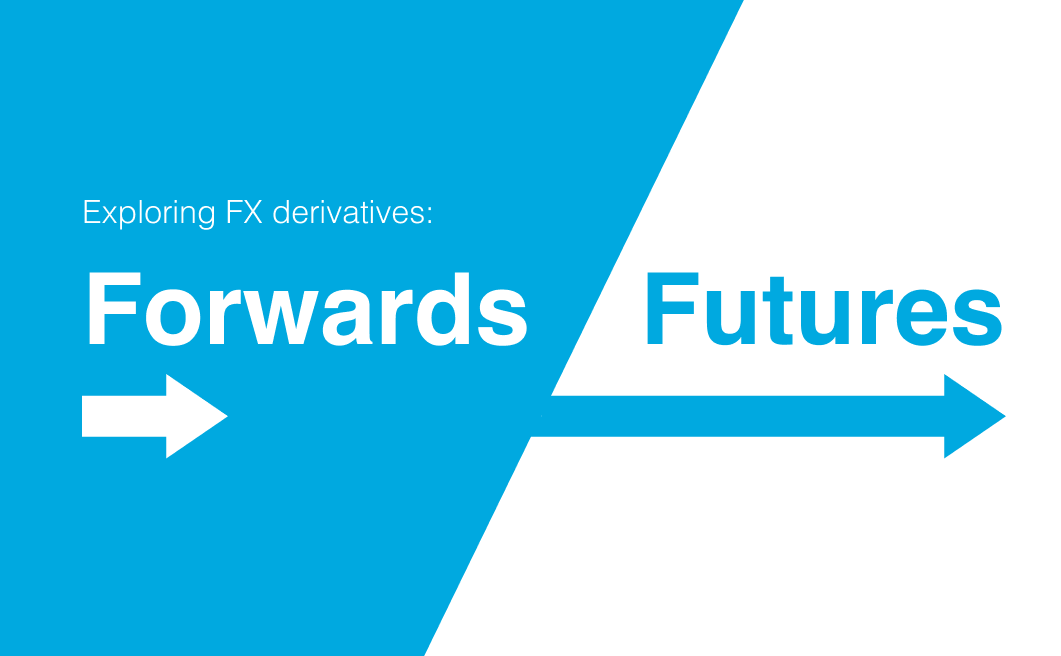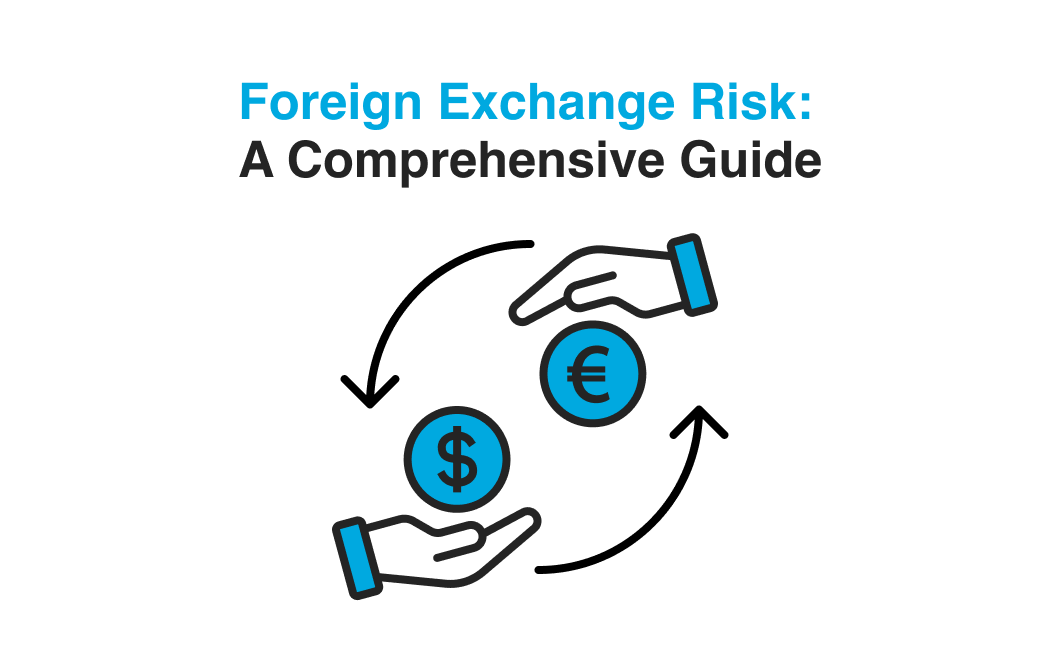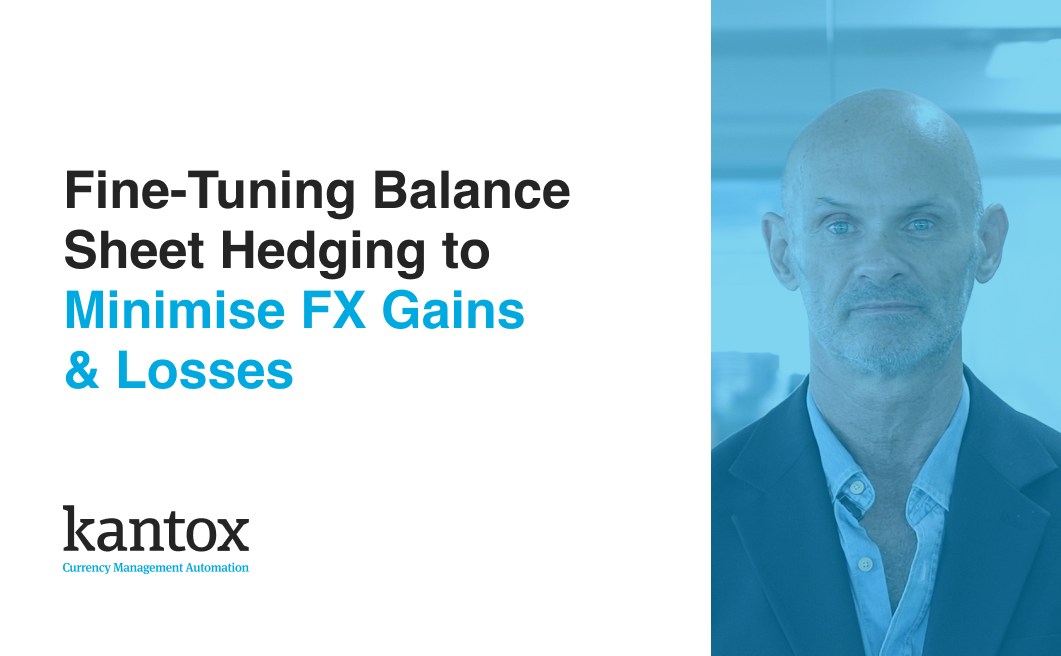Discover essential FX hedging strategies and currency management best practices from our foreign exchange experts.
How Your Letter of Credit Is A LOT More Expensive Than You Think
Letters of credit (LC) are an indispensable trade finance instrument in international transactions. LCs used for international transactions offer a platform for banks to make huge profits, not only in charging for the LC, which is, of course, profitable, but in applying a sizeable spread to the exchange rate and by charging other related FX fees. By separating the process into two parts – one, the letter of credit, and two, the FX step.
A letter of credit effectively becomes a complex composite product when FX is involved, as there are two separate steps dressed up as one. It involves a straight-forward LC, followed by the foreign exchange step, which are two completely different financial processes. For instance, when a European company places an order with a supplier in the United States, they purchase a letter of credit from their bank to secure the transaction. The supplier demands payment in USD and the letter of credit is issued in EUR. To complete the transaction they will have to convert EUR to USD.One necessity essentially becomes two: obtaining the LC and carrying out the foreign exchange step. This invariably means that there are two sets of costs involved. The costs associated of obtaining an LC and the FX costs (bank spread on exchange rate, delivery fee, commission fee). While many CFOs are fully aware of the costs of letters of credit, and negotiate with their provider, the FX step is often overlooked. In reality, too many CFOs are unaware of the full costs they are being charged for the completion of the FX step.
How CFOs Can And Should Conduct International Payments
- Shop around for favourable letter of credit conditions Letters of credit are often a competitive business for banks and alternative providers. Shop around, asking for quotes on price and find out exactly what the charges are for. It is important to remember that banks are no longer the only realistic finance provider. There is an increasing number of prominent money lenders that offer credit and competitive rates.
- Optimise your FX transaction There is really no reason why your letter of credit provider should also be your FX service provider. LC is an instrument of trade finance, in which specialist LC providers are certainly the best option for businesses. However, FX requires a completely different type of expertise. Using a specialised LC provider for your LC and a specialised FX service provider for your FX needs will likely lead to considerably improved profit margins. With Kantox as your FX provider, you receive peer-to-peer trading technology, thereby eliminating the spread entirely. Furthermore, you receive a transaprent fee of 0.29%. Your LC provider could be charging you up to 2.5% of your total transaction in the spread and associated FX costs. Additionally, many LC providers offer exceptionally competitive prices for the LC, as they then apply very high spreads and fees in the FX step to make up for lower profit margins.
"Why should I use Kantox for my FX instead of my bank?"
Simply because you can cut huge costs for your company on your FX transactions. When going through a bank for a letter of credit and FX for the same operation, the client is regularly charged the following separate fee types:
- Letter of credit cost
- Spread: Commission hidden inside the exchange rate offered
Some providers also charge the following fees, though they are regularly removed from sight and added to the exchange rate spread:3. Transfer fee for delivering the client’s funds to the beneficiary account. FX transaction commission fee. The client is often charged up to four times for what is essentially one transaction. At Kantox we believe this is wholly unfair. We charge our clients once on each transaction, with a fair, fully transparent fee of 0.29%, with no other charges or added spreads whatsoever.











